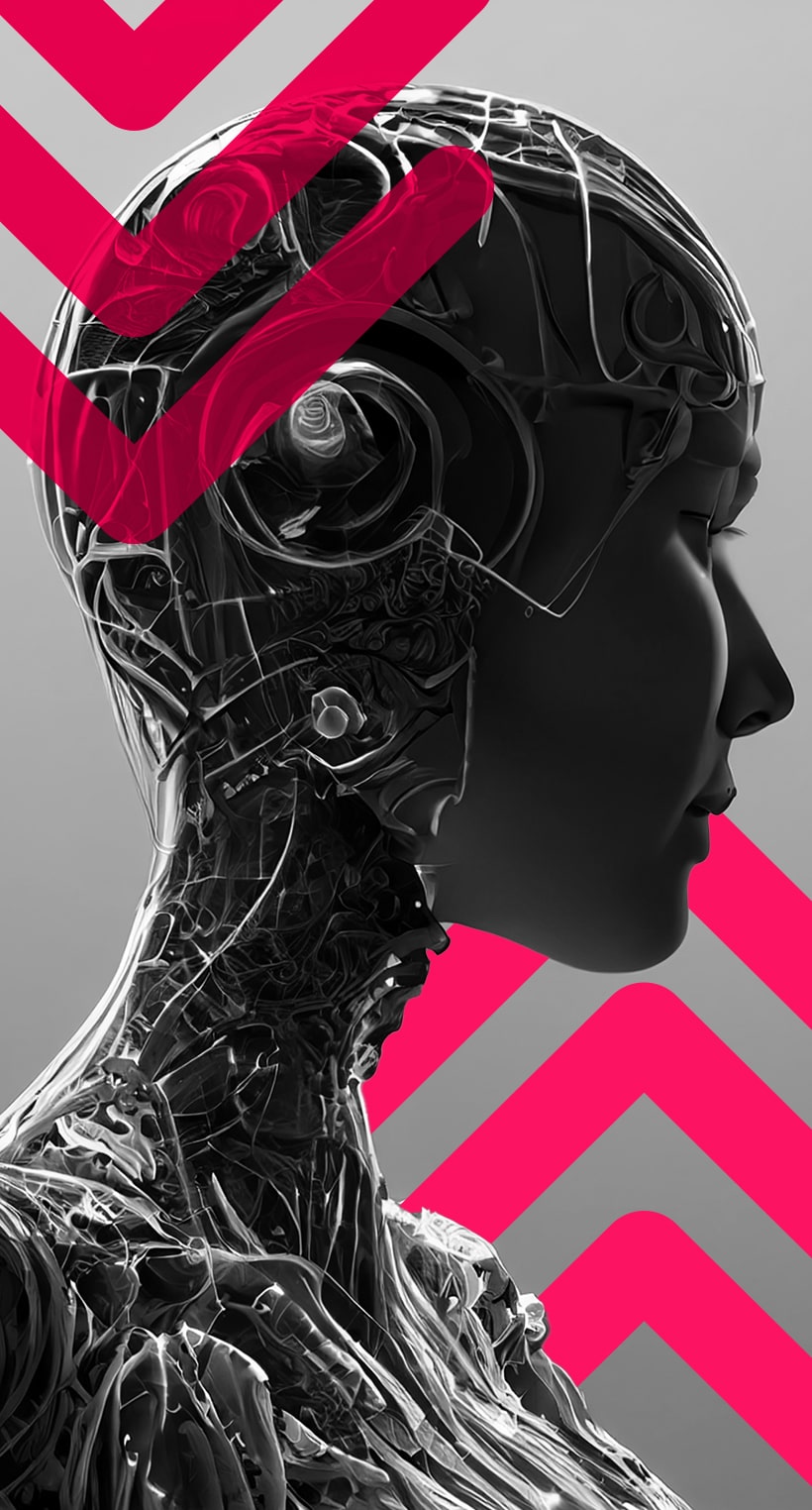Understanding Ethical AI: What Is It And Why Is It Important?
In recent years, the field of Artificial Intelligence (AI) has experienced exponential growth, revolutionising various aspects of our lives. However, as AI becomes increasingly prevalent, addressing the ethical considerations that arise with its widespread adoption is essential. Ethical AI refers to developing and deploying AI systems that adhere to principles of fairness, transparency, accountability, and respect for human values. It aims to ensure that AI benefits society without causing harm or perpetuating biases. Understanding ethical AI is crucial for navigating the complex landscape and fostering responsible innovation.
AI ethical issues have gained significant attention due to the potential impact these technologies can have on society and individuals. One major ethical concern is the potential for bias in AI systems. Since AI algorithms are trained using large datasets, they can inadvertently learn and perpetuate existing biases present in the data. This can result in discriminatory outcomes, such as biased hiring practices or unfair treatment in criminal justice systems. Additionally, there are concerns regarding privacy and data protection. AI systems often rely on vast amounts of personal data, raising questions about consent, data security, and potential misuse.
The Impact Of AI on Society and Individuals
The widespread adoption of AI has the potential to shape society in numerous ways. On one hand, AI has the power to improve efficiency, enable automation, and enhance decision-making processes. It can potentially revolutionise healthcare, transportation, education, and many other industries. However, the impact of AI has its challenges. Ethical concerns arise when AI systems replace human decision-making, leading to questions about accountability and responsibility. For example, in autonomous vehicles, ethical dilemmas arise regarding who is responsible in the event of an accident. Furthermore, the potential job displacement caused by automation raises concerns about economic inequality and social disruption.
Key Considerations for Fostering Responsible AI Innovation
To foster responsible AI innovation, several key considerations must be taken into account. First and foremost, transparency and accountability are paramount. Developers and organisations must ensure that AI systems are explainable and understandable. This means that the decision-making process of AI algorithms should be transparent, allowing individuals to understand how decisions are made. Additionally, mechanisms for accountability should be in place to address any unintended consequences or biases that may arise. This can be achieved through rigorous testing, continuous monitoring, and regular audits of AI systems.
Ethical AI Frameworks and Guidelines
To promote responsible AI innovation, various frameworks and guidelines have been developed. These frameworks provide a set of principles and best practices for developers and organisations to follow. One such framework is the “Ethics Guidelines for Trustworthy AI” developed by the European Commission. This framework emphasises the importance of human agency, technical robustness, and societal well-being. It provides guidance on topics such as transparency, fairness, accountability, and data governance. Other organisations, such as the Institute of Electrical and Electronics Engineers (IEEE) and the Partnership on AI, have also developed guidelines to address ethical AI concerns.
Ethical Concerns in Specific AI Applications
AI is being applied in various domains, each with its own ethical concerns. In healthcare, for example, using AI in diagnosis and treatment raises questions about privacy, consent, and the potential for bias. Similarly, in criminal justice systems, the use of AI algorithms for risk assessment and sentencing can perpetuate biases and disproportionately impact marginalised communities. Ethical considerations also arise in areas such as facial recognition technology, autonomous weapons, and social media algorithms. Addressing these ethical concerns and developing guidelines tailored to each application domain is crucial.
The Role of Government and Regulations in Promoting Ethical AI
Government and regulatory bodies play a crucial role in promoting ethical AI. They can set standards, enforce regulations, and ensure compliance. By establishing clear guidelines and ethical frameworks, governments can provide a foundation for responsible AI development. Additionally, regulations can address data privacy, algorithmic transparency, and bias mitigation. Governments can also encourage collaboration between industry, academia, and civil society to address ethical concerns collectively. Furthermore, international cooperation is vital to uphold ethical AI principles globally.
Ethical AI in Business and Industry
The business and industry sectors have a significant role to play in fostering ethical AI practices. Organisations should prioritise ethical considerations throughout the entire AI development lifecycle. This includes addressing biases in data collection, ensuring transparency in algorithmic decision-making, and implementing mechanisms for accountability. Organisations should also actively engage with stakeholders, including employees, customers, and the wider public, to understand their concerns and aspirations regarding AI. By incorporating diverse perspectives, organisations can ensure that AI systems are designed and deployed in a manner that aligns with societal values and ethical principles.
Conclusion: Promoting A Responsible and Ethical AI Landscape
As AI continues to advance, navigating the ethical landscape and fostering responsible innovation is of utmost importance. Understanding ethical AI is crucial to address the ethical issues surrounding AI and ensure that its impact on society and individuals is positive. By considering key factors such as transparency, accountability, and fairness, and by following ethical frameworks and guidelines, we can promote the responsible development and deployment of AI systems. Governments, businesses, and individuals must work together to create a future where AI is used ethically and for the benefit of humanity. Let’s welcome the possibilities offered by AI while making sure we use it responsibly and ethically, nurturing a landscape where AI is developed and applied with conscientiousness and moral integrity.
;)
;)
;)